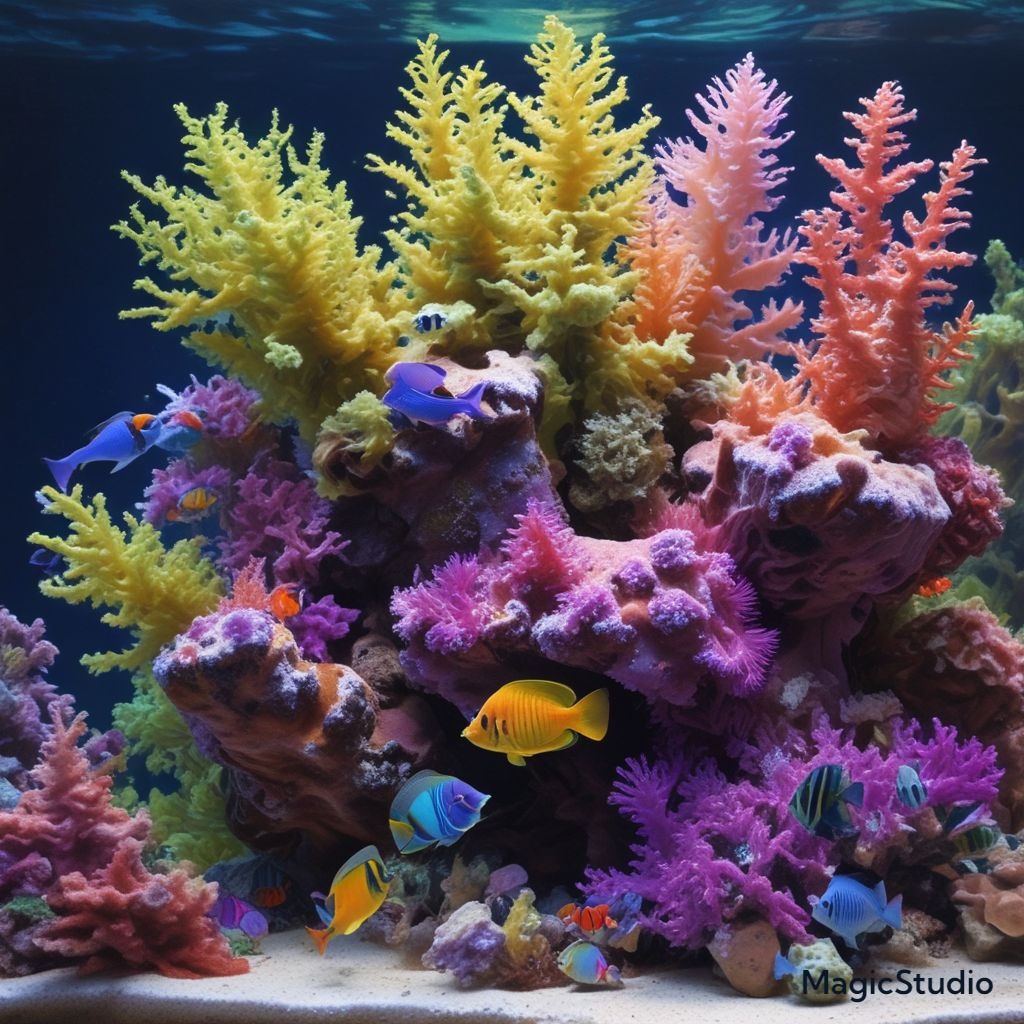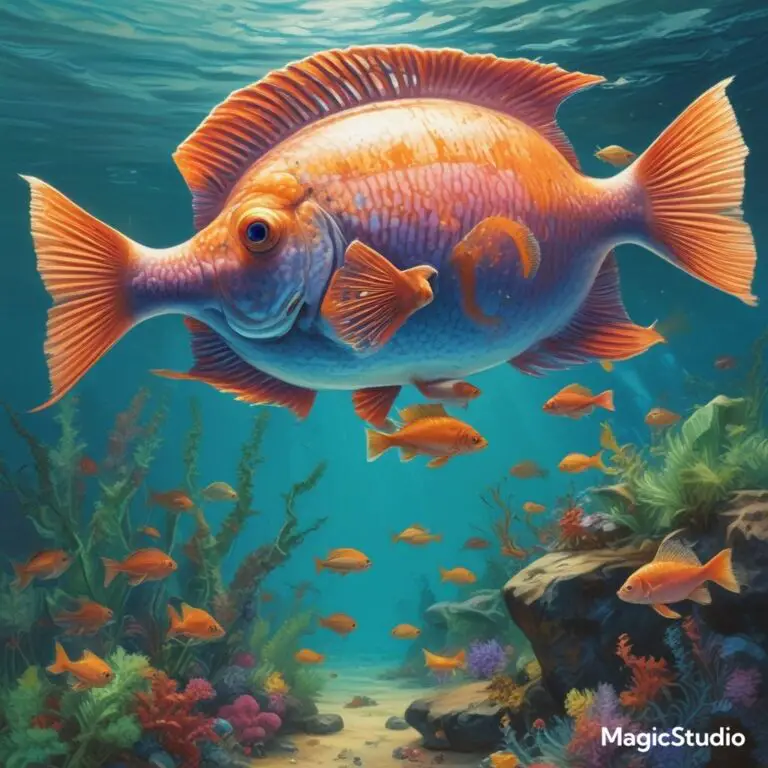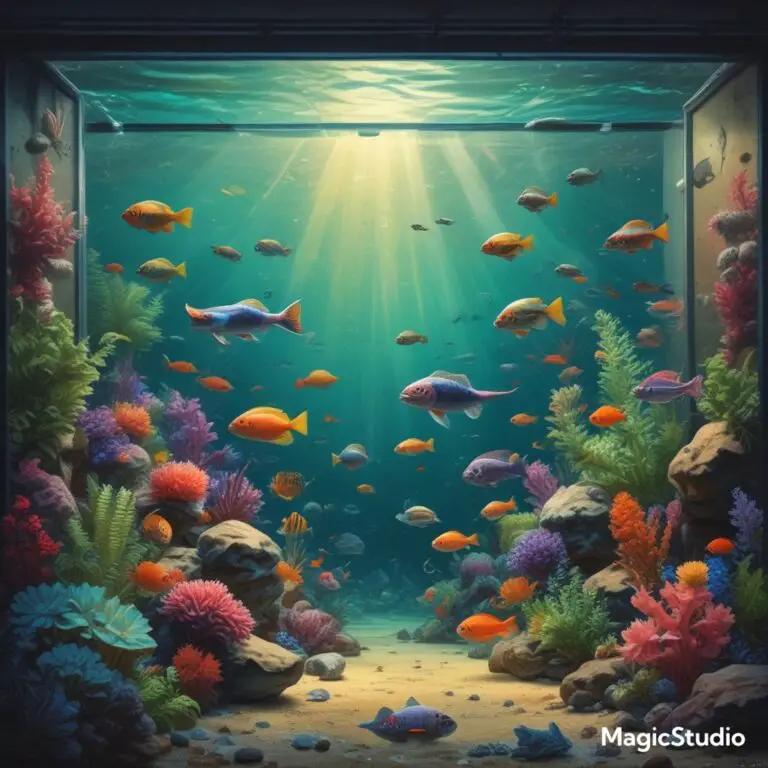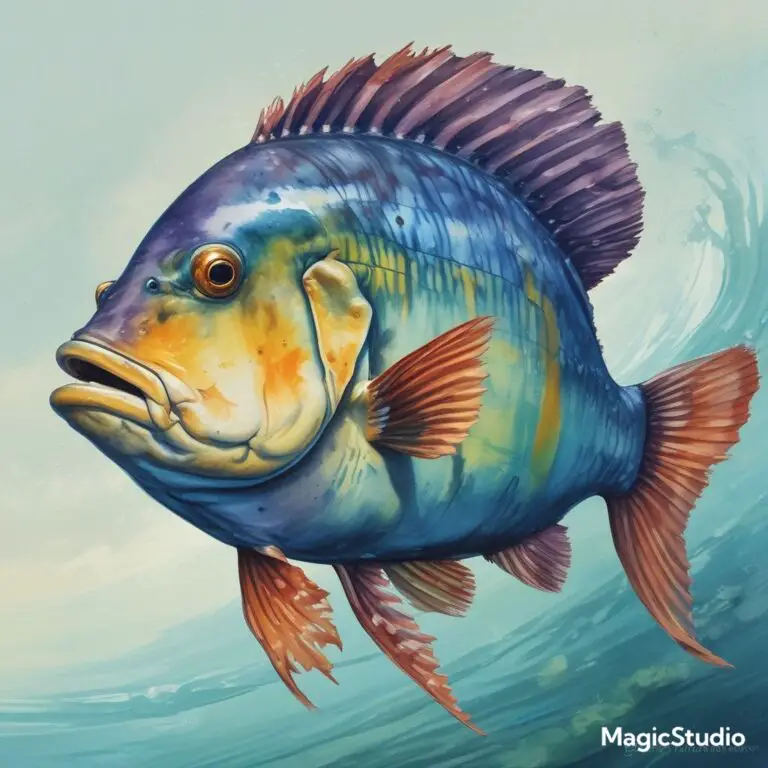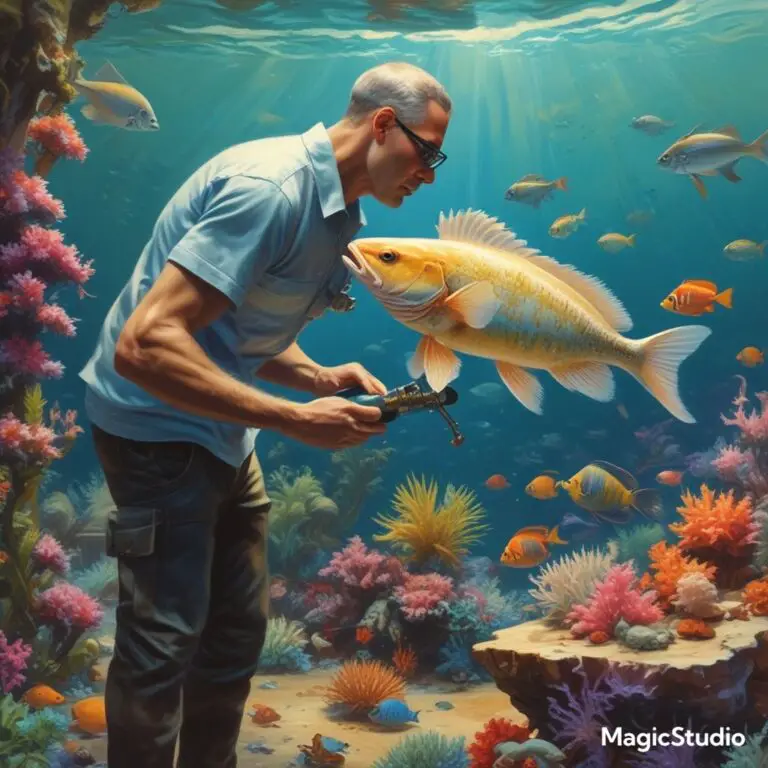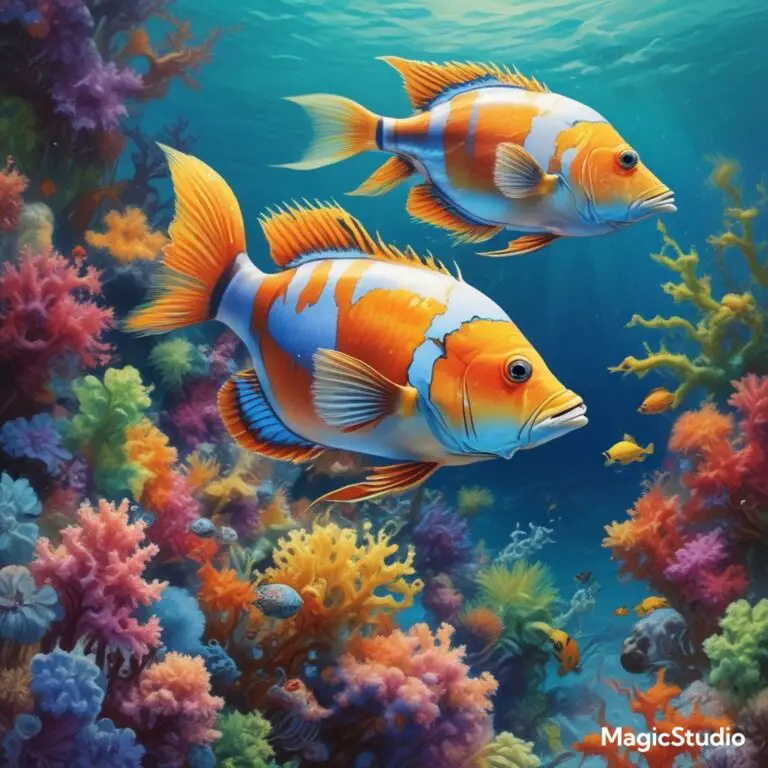Marine Fish Care 101: Essential Tips for a Successful Saltwater Tank
Marine Fish Care 101: Essential Tips for a Successful Saltwater Tank
Welcome to the mesmerizing world of marine fish care! If you’re captivated by the vibrant colors and diverse species of saltwater fish, you’re not alone. A saltwater tank can transform your space into an underwater paradise, but maintaining one requires knowledge, dedication, and a bit of patience. Whether you’re a seasoned aquarist or just starting out, this guide will provide you with essential tips to ensure a thriving and beautiful saltwater aquarium.
Why Choose a Saltwater Tank?
Saltwater tanks offer unique and breathtaking displays with a diverse range of fish and invertebrates. Here’s why they might be the right choice for you:
- Stunning Visuals: Saltwater fish often boast vibrant colors and intricate patterns that are hard to match.
- Biodiversity: A saltwater tank can house a variety of species, from exotic fish to delicate corals and invertebrates.
- Natural Behavior: Many saltwater species exhibit fascinating behaviors that can be a joy to observe.
Key Elements of Marine Fish Care
Successful marine fish care involves understanding and managing several critical elements. Here’s a breakdown of what you need to know:
1. Setting Up Your Saltwater Tank
Setting up a saltwater tank is the first step toward creating a successful marine aquarium. Follow these steps to get started:
- Choose the Right Tank: Larger tanks are often more stable and easier to maintain. Consider a size that fits your space and budget.
- Install Filtration: A high-quality filtration system is crucial for maintaining water quality. Consider a combination of mechanical, biological, and chemical filtration.
- Add Live Rock and Substrate: Live rock provides natural filtration and a habitat for beneficial bacteria. Substrate helps with biological filtration and adds to the tank’s aesthetic.
2. Water Quality Management
Maintaining optimal water quality is vital for the health of your marine fish. Key factors to monitor include:
- Salinity: Use a refractometer to measure salinity and maintain it between 1.020 and 1.025 specific gravity.
- pH Levels: Keep the pH between 8.1 and 8.4 for a healthy environment.
- Ammonia, Nitrite, and Nitrate: Test regularly and ensure ammonia and nitrite levels are at zero, while nitrate should be kept low.
3. Temperature Control
Marine fish require stable temperatures to thrive. Use a reliable heater and thermometer to maintain the water temperature between 72°F and 78°F (22°C to 26°C).
- Use a Heater: Invest in a quality heater with a thermostat to regulate temperature.
- Monitor Regularly: Check the temperature daily to prevent fluctuations.
4. Proper Nutrition
Feeding your marine fish a balanced diet is essential for their health and longevity. Consider the following:
- Varied Diet: Offer a mix of high-quality flake foods, pellets, and frozen or live foods.
- Specific Needs: Different species have different dietary requirements. Research the needs of your fish and invertebrates.
5. Regular Maintenance
Routine maintenance keeps your tank in top shape. Here’s what to focus on:
- Water Changes: Perform partial water changes (10-20%) every 1-2 weeks to remove waste and replenish essential minerals.
- Cleaning: Clean the tank walls, equipment, and substrate to prevent algae growth and debris buildup.
- Equipment Check: Regularly inspect and clean filters, heaters, and other equipment.
6. Choosing Compatible Species
Selecting fish and invertebrates that get along is crucial for a peaceful tank environment. Follow these tips:
- Research Compatibility: Ensure species have compatible temperaments and environmental needs.
- Avoid Aggressive Fish: Some species can be territorial or aggressive. Choose fish that will coexist peacefully.
Troubleshooting Common Issues
Even with the best care, issues may arise. Here are some common problems and solutions:
- Algae Overgrowth: Manage nutrient levels and increase water flow to reduce algae. Regular cleaning helps too.
- Disease: Quarantine new arrivals and monitor for signs of illness. Seek advice from a marine aquarist if problems arise.
Resources for Marine Fish Care
For more detailed information and expert advice on maintaining a successful saltwater tank, check out our comprehensive guide on Marine Fish Care 101: Essential Tips for a Successful Saltwater Tank.
Creating and maintaining a saltwater tank is a rewarding endeavor that brings the beauty of the ocean into your home. By following these essential tips and staying informed, you’ll be well on your way to achieving a thriving marine aquarium.
Happy fishkeeping!
